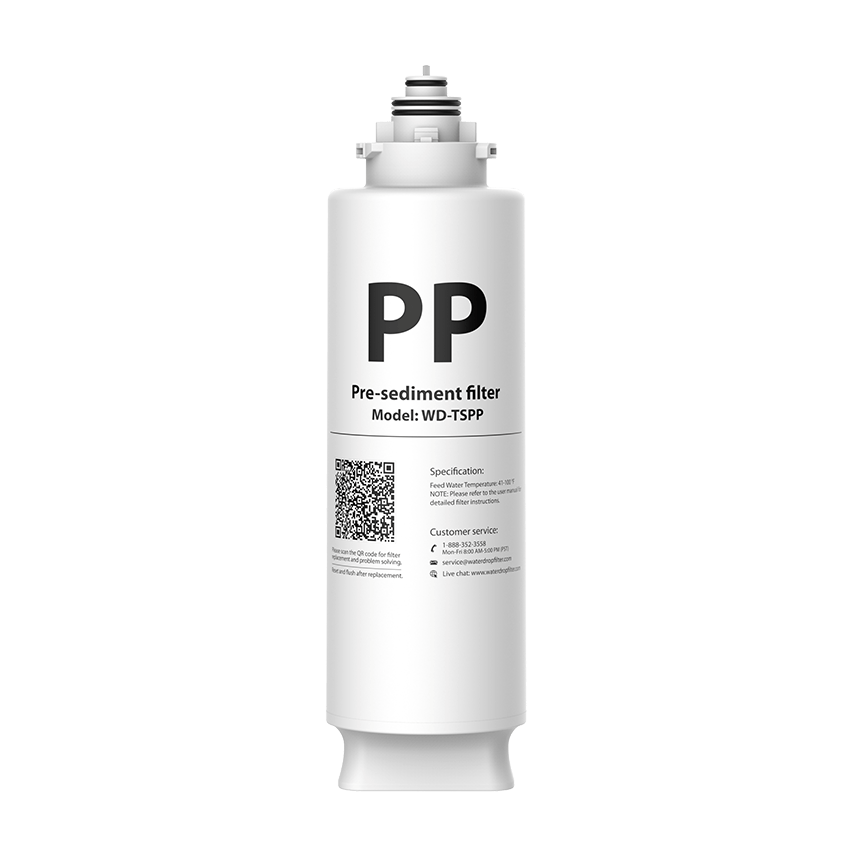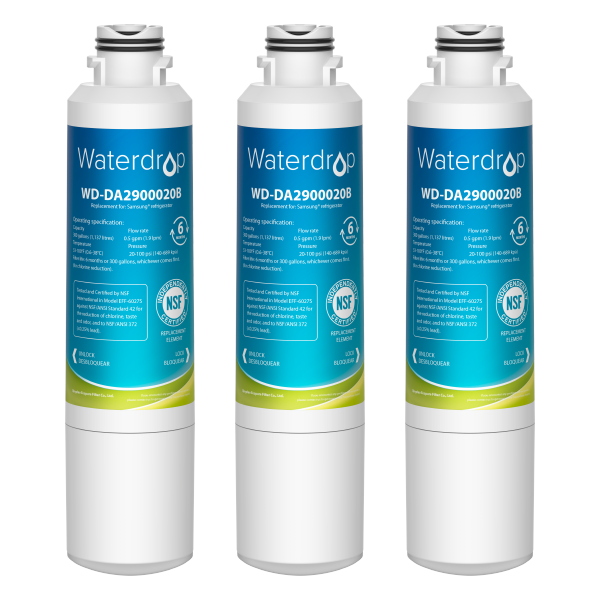Is Boiled Water the Same as Filtered Water?
by Dr. Jonathan Doyle - Updated December 15, 2024
When it comes to ensuring safe and clean drinking water, many Australians rely on either boiling or filtering their water. But have you ever wondered if boiled water is the same as filtered water? In this blog post, we will explore the key differences between boiled and filtered water, helping you understand which option is better for your health and household needs.
Whether you are concerned about the taste, health implications, or the best method for purifying your water, we’ve got you covered. Let’s dive into the details to find out which method is the most effective and why it matters for you and your family.
What Happens When You Boil Water?
Boiling water is a simple yet effective method of killing bacteria, viruses, and other harmful microorganisms. When you boil water, it reaches a temperature of 100°C, which is sufficient to destroy most pathogens that could be present. This is why many people choose to boil water, especially when they’re unsure about its safety or if they’re in an area where the water supply might be compromised.
However, while boiling is an effective way to eliminate germs, it doesn’t address other potential contaminants like chlorine, heavy metals, or dissolved chemicals that may be present in the water.
Does Boiling Water Remove Impurities?
While boiling does kill bacteria, viruses, and parasites, it does not remove chemical contaminants, heavy metals, or sediment. For example, chemicals such as lead, arsenic, and chlorine will remain in the water after boiling. So, although boiling makes water safer to drink by killing most pathogens, it does little to improve its overall quality.
How Does Water Filtration Work?
Water filtration involves the use of a device or system to physically remove contaminants from the water. There are several types of water filters, including activated carbon filters, reverse osmosis water filter, and UV (ultraviolet) filters. These filters target a variety of contaminants, such as chlorine, sediments, pesticides, heavy metals, and even some microorganisms.
Types of Water Filters Commonly Used in Australia
In Australia, there are several popular methods of water filtration. Some of the most commonly used filters include:
Does Filtration Remove Contaminants?
Yes, filtering water can remove a wide range of contaminants, depending on the type of filter you are using. For instance, reverse osmosis filters can remove up to 99% of contaminants, including heavy metals and dissolved salts. Activated carbon filters can reduce chlorine levels and improve the taste and odour of the water, but they don’t remove heavy metals or minerals. UV filters, as mentioned, only kill microorganisms.
Comparing Boiled Water and Filtered Water: Which Is Better?
Now that we have a clear understanding of both boiled and filtered water, let’s break down the comparison to help you decide which one is right for you.
Effectiveness in Removing Contaminants
Taste and Odour
Cost and Convenience
Which Option Should You Choose?
Ultimately, the choice between boiled and filtered water depends on your priorities and the water quality in your area.
For those living in areas with poor water quality, such as parts of rural Australia, or if you are concerned about harmful chemicals, investing in a good filtration system might be the best solution. On the other hand, if you’re on the go and need a quick fix to ensure safe drinking water, boiling may be your best bet.
For optimal results, some Australians choose to combine both methods. For instance, they might filter the water first to remove chemicals and heavy metals and then boil it to ensure it is free from bacteria and viruses. This provides the best of both worlds: cleaner, safer, and better-tasting water.
Conclusion
In the end, while both boiled and filtered water have their benefits, they are not the same. Boiling water is effective for killing microorganisms but does not address chemical contaminants, whereas filtration can remove a wide range of impurities, including chemicals and heavy metals. Depending on your needs, you may want to choose one method over the other, or even combine both for the highest level of water purity.
Whatever you decide, it’s essential to be informed about your options so you can make the best decision for your health and home. After all, clean water is crucial to maintaining a healthy lifestyle, and knowing how to purify it effectively ensures that your family stays hydrated and safe.
Contaminants Detected in Fruitland Water Special Service District
30
Contaminants
EXCEED EWG HEALTH GUIDELINES
EXCEED EWG HEALTH GUIDELINES
30 Total Contaminants in Your Water
Water Provider
Fruitland Water Special Service DistrictPopulation Affected
120,000Water Source
Ground waterExceeds Guidelines
Others Detected














